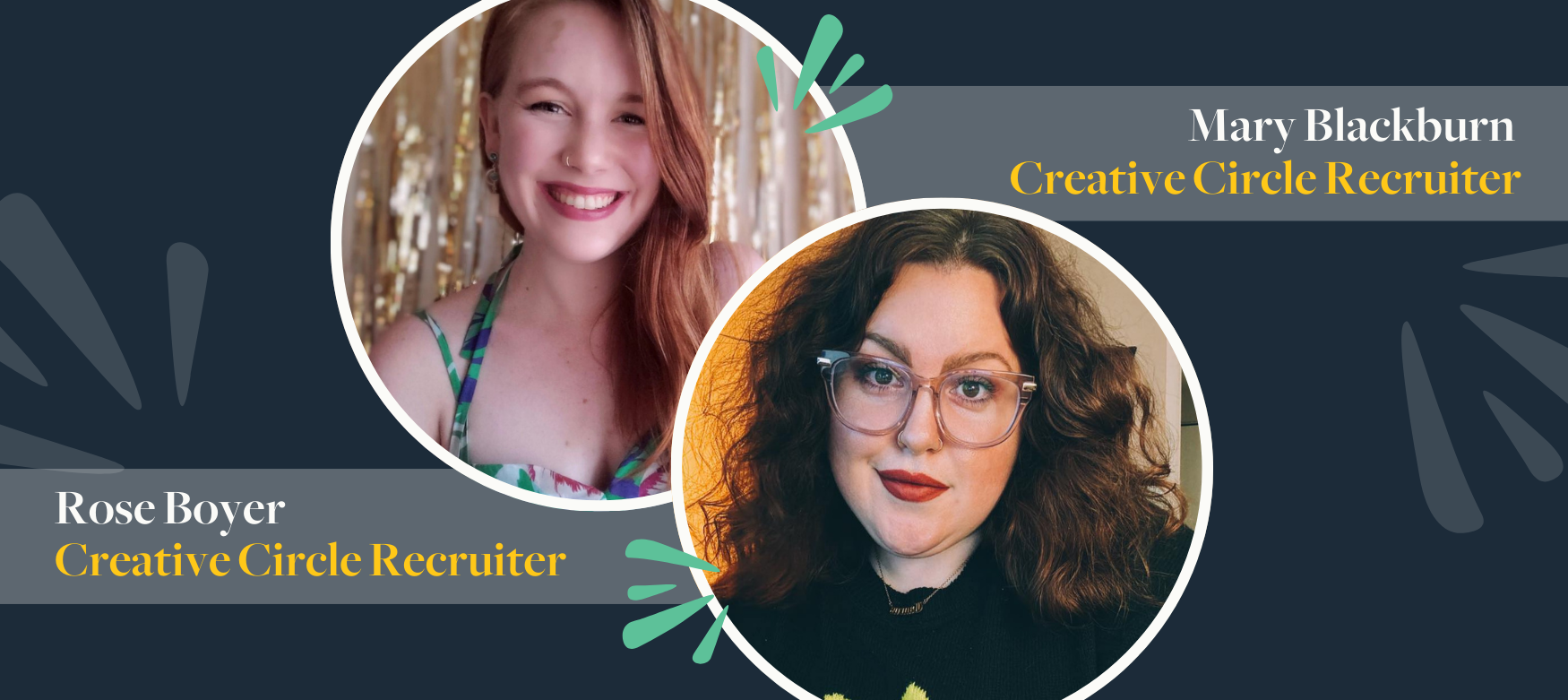The daily grind – you’re really starting to feel it. Work is less like something that drives and inspires you and more like the bane of your existence. Your passion is gone, and you’re just going through the motions. You’ve put in several good years, but are you seeing any kind of payoff? Would that payoff even be worth it?
If this is a familiar feeling, then it’s time for a daunting pair of words: career transition.
When we started our careers, we all knew that nothing was really set in stone. Life gets in the way, our interests change, our priorities change. All of this is completely normal; total stagnation is not how life unfolds. So why does the idea of career transition – especially when you’re in your 30s or older – seem so scary and impossible? The fact is that changing your career takes added work on top of the work you’ve done and are already doing. Unless you can afford to take a long time off to recalibrate the way you live (and pay for) your whole life, career transition means taking a few steps back and in several different directions. But there are a couple of key things to keep in mind that might help you navigate such a crazy path.
What is it about your current job that drew you to it in the first place?
Was this a short-term gig that just kept going, or was there something you loved about it that has faded? Figure out what brought you back, then try to figure out where you can find it elsewhere. There was something there in the beginning that sucked you in, something that motivated you and interested you enough into doing it as a career. If you know what drives you, then you can start to look for it somewhere else, whether that’s a new company or in a new field.
Fundamentally speaking, what are your skills?
Not what do you do, but what can you do? You can’t really go from one career to another if those careers require completely different skillsets. Unless you’re prepared to start all over again, (which is certainly one option to consider if it’s a possibility) you need to identify what your core and talents are. What are the skills you can take with you anywhere?
What do you want to be doing?
This is a really loaded question, I know. But if there’s something about your current job that you don’t like, it’s obviously not what you want to be doing. It’s not as easy as “I don’t want to work at an agency” or “I don’t want to work for a small business.” It’s more like, “is what I’m doing truly fulfilling?” It may sound dramatic, but if you’re already thinking about leaving your current career behind, then you clearly think that what you’re doing just isn’t serving you or anyone else.
Are you worried that you’re “selling out?”
Did you start off your career as one of the coolest kids in town? Were you on the ground floor of something brand new, or living the flashy life in entertainment or PR? Now that you’ve been around the block a few times, it might not seem as fun as it used to be. But does wanting something more stable and reliable kill the wild spirit you started out with? The answer isn’t going to help you: this is entirely up to you.
As someone who recently decided to transition out of “super cool” careers in blogging and entertainment, I can understand this conundrum. But when I examined what I really wanted to do with my life now and in the future, I knew that looking for a more stable field would allow me to do so much more of the things I really wanted. It took years and many failures to get here, but by the time I left, I had a wealth of knowledge, skills, and experience, as well as tons and tons of great people who could vouch for me.
A career transition doesn’t happen after trying a job out for six months; it happens after years of giving it your all and then realizing you want something different. Hey, you might even change careers again after this!
Wanting to be happy and live your life to the fullest is not selling out. You can’t betray a younger version of yourself because that person is gone, evolved into the wiser, more experienced present-day version of yourself. And trust me, you should listen to that second person.
Jamie is a Creative Circle candidate in New York. If you are interested in working with someone like Jamie, contact your nearest Creative Circle office.



